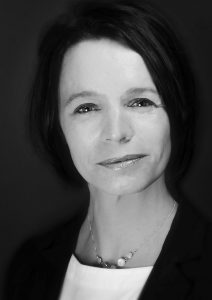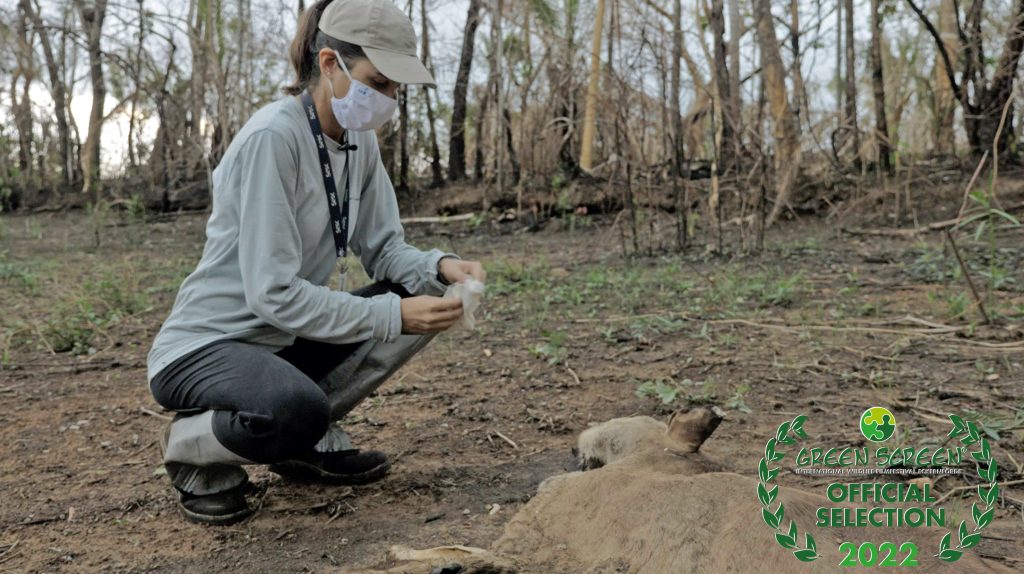

A film by Tatjana Mischke
Commissioned by SWR
In the series "concerns".
Germans enjoy cheap meat - rarely have they spent less money on this food. German consumers consume around 60 kilograms of meat per year on average. Beef from South America is particularly popular at Easter and Christmas. A documentary in the "betrifft" series on SWR television takes a look behind the scenes of agriculture in Germany and Brazil. And takes a look at a globally operating agricultural industry.
Beef from South America competes with meat from Germany
The low-priced beef from South America is advertised in the German trade with the image of particularly environmentally friendly production. This is because, in contrast to European cattle farming, the cattle in Brazil's vast meadows graze all year round. The import of beef from South America is also politically desirable: the Mercosur trade agreement has been under negotiation for 20 years and, according to Portuguese Prime Minister Antonio Costa, is now to be "wrapped up" during the Portuguese EU Council Presidency. But what does production mean for farmers?
Farmers in Germany struggle to survive
"betrifft" is a guest of Kurt Meyer, a farmer in Lower Saxony who keeps around 1,000 head of cattle and produces for the conventional market. In recent years, he has had to watch as more and more farmers have given up and sold their farms. For him, too, working conditions have been getting worse and worse for years. Since he has voluntarily committed himself to species-appropriate animal husbandry and keeps his cattle on straw, his farm has fallen into economic difficulties. This is because the price at which he can sell meat remains unchanged as costs rise.
Brazil is the world's largest meat producer
To understand the conditions under which beef is produced in South America, "concerns" author Tatjana Mischke travels to Brazil. The country, which has more cattle than people, is one of the largest meat producers on the international market. One basis for its success is cheap grazing land. But while strict environmental standards apply to farmers in the EU, cheap meat continues to be produced in Brazil at the expense of people, animals and the environment. Contrary to existing environmental laws, rainforests are being burned and valuable wetlands destroyed. In the Pantanal, the largest wetland in the world, "concerns" accompanies scientists* counting the dead animals after the devastating fires last season. In the valley, small farmers are being displaced to raise cattle or grow soy on the burned land. Scientists, doctors and human rights activists report on their everyday confrontation with Brazil's largest industry: agribusiness.
Editorial SWR: Hans-Michael Kassel, Martina Treuter
Camera: Gerardo Milsztein, Manoela Meyer (Brazil), Eduardo Duwe (Brazil)
Sound: Juliane Vari
Editing: Dirk Hergenhahn
Speakers: Simon Roden
TV-Premiere:
on April 7, 2021, 8:15 p.m., SWR
Further broadcasts:
April 8, 2021, 10.15 a.m., SWR
April 9, 2021, 02.45 a.m., SWR
Available in streaming from the following providers:
The film is available after broadcast in the ARD Mediathek and via the SWR Doku Channel on Youtube.
ThurnFilm GmbH
Neven-DuMont-Straße 14
50667 Köln
Tel.: +49 221 25 89 01 90
Produktion@ThurnFilm.de
ThurnFilm GmbH
Stadermoor 56
21683 Stade
Tel.: +49 157 894 683 76
ThurnFilm GmbH
Senefelderstrasse 77a
70176 Stuttgart